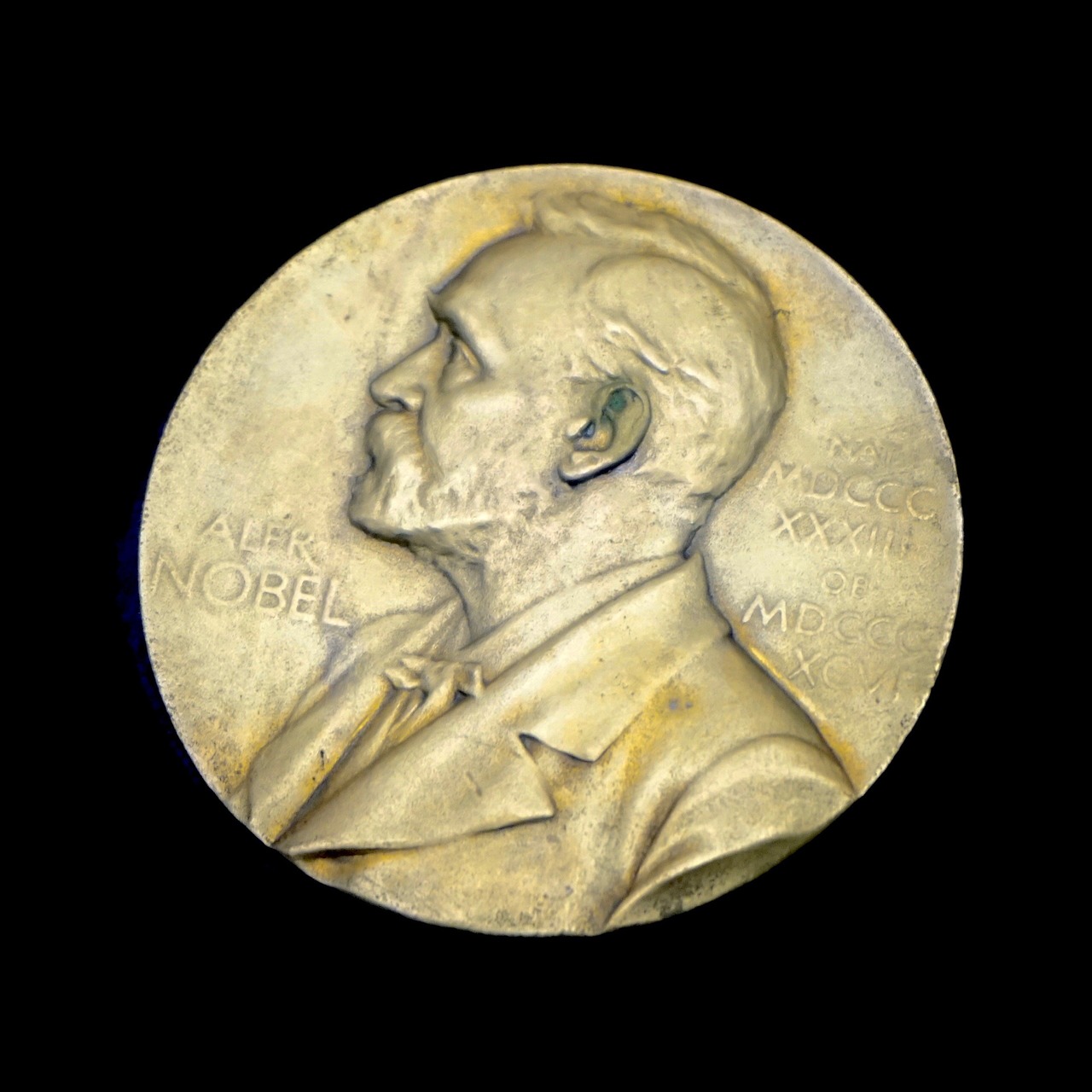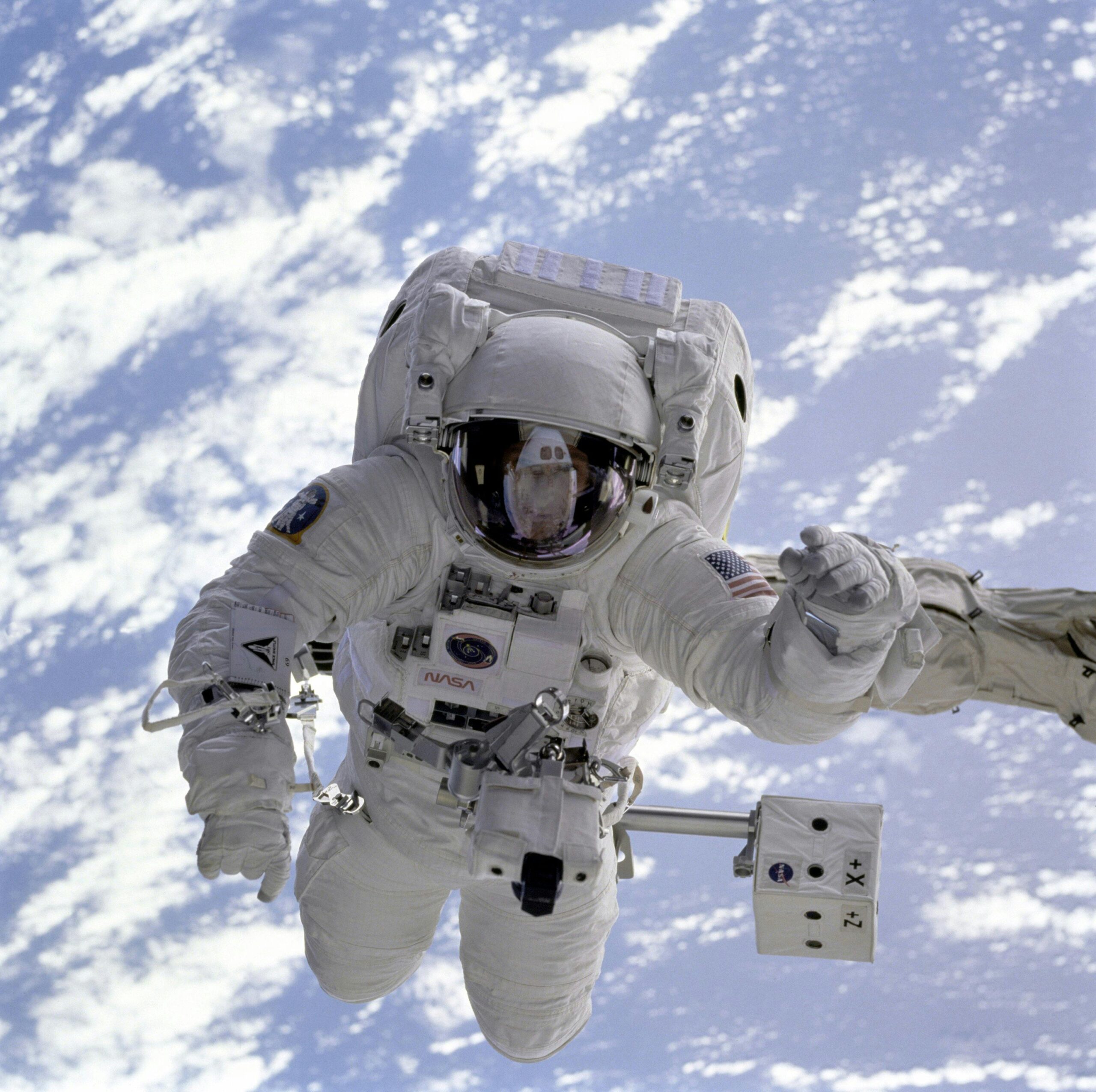Nobel Prize in Medicine 2023

Background:
- The Nobel Prize was established by the will of Alfred Nobel (inventor of Dynamite).
- It is Awarded to those who have conferred the greatest benefit to humankind,
- during the preceding year. The first awards were handed out in 1901
- The Prize Ceremony is held in Stockholm, Sweden, in December every year
- The Peace Prize is not awarded at the Stockholm ceremony but presented
- annually in Oslo, Norway, on the same day, Each Nobel laureate receives a gold medal, a diploma, and a monetary
- award
- Nobel Prize cannot be given posthumously (after death). Also, up to 3 people can share a Nobel Prize award between them.
- First Indian Nobel Laureate: Rabindranath Tagore for Literature, 1913
- The First Indian Woman Nobel Laureate: Mother Teresa for Peace, 1979
Linkage:
- The Nobel Prize in Medicine or Physiology for 2023 has been awarded to Katalin Karikó and Drew Weissman for their groundbreaking work on nucleoside base modification of messenger Ribonucleic Acid (mRNA).
- The discoveries by the two Nobel Laureates were critical for developing effective mRNA vaccines against COVID-19 during the pandemic that began in early 2020.
Current News:
- In vitro transcribed mRNA is a type of synthetic RNA that is produced in the laboratory by using a DNA template and an RNA polymerase.
- It can be used for various purposes, such as making RNA probes, vaccines, or proteins.
- Karikó and Weissman observed that dendritic cells identify in vitro transcribed mRNA as foreign, activating them and causing the release of inflammatory signals.
- They questioned why this mRNA was considered foreign, unlike mRNA from mammalian cells, which didn’t trigger the same response.
- Mammalian cells are eukaryotic cells that belong to the animal kingdom and have a nucleus and other membrane-bound organelles.
- This led them to realize that there must be distinct properties separating the two mRNA types.
Impact:
- mRNA stands for messenger RNA, a molecule that carries genetic information from DNA to the protein-making machinery of the cell.
- mRNA vaccines use synthetic mRNA that encodes a specific protein from a pathogen, such as the spike protein of the coronavirus.
- When the mRNA vaccine is injected into the body, some of the cells take up the mRNA and use it to produce the protein. The protein then triggers an immune response that produces antibodies and memory cells that can recognize and fight the pathogen in the future.
- mRNA vaccines are faster and cheaper to produce, as they do not require cell culture or complex purification processes.
- mRNA vaccines are also more flexible and adaptable, as they can be easily modified to target new variants or strains of pathogens.








